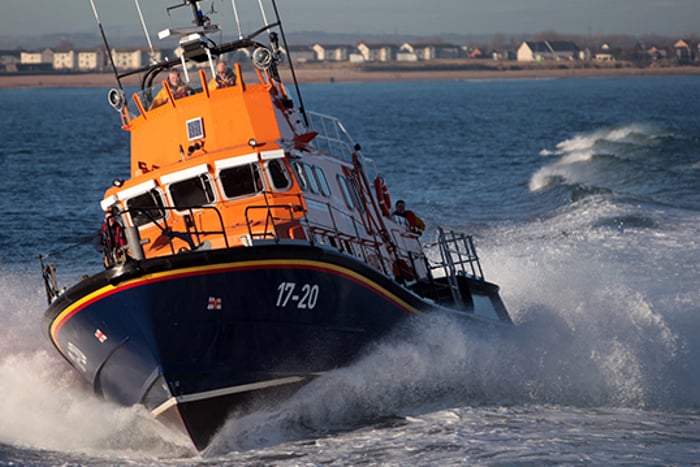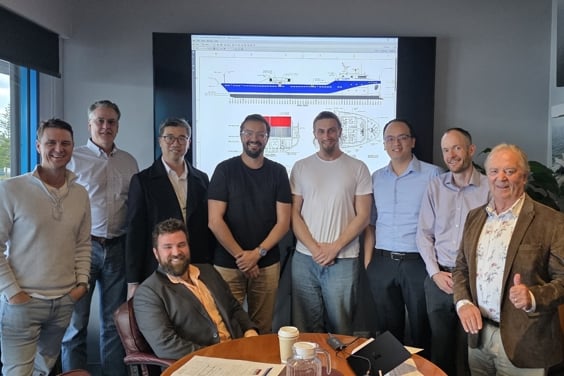The design of all-weather lifeboats is being reviewed as part of a study led by Newcastle University and the UK’s Royal National Lifeboat Institution (RNLI) with support from Lloyds’ Register.
The four-year project will help to improve the performance of the craft while providing the safest possible environment for the RNLI’s volunteer crews.
Using computer models, small-scale experiments and full-size trials to analyse the behaviour of lifeboats at a range of speeds and in varying conditions, the findings will inform new design specifications around speed, safety and efficiency.

"When the RNLI’s lifeboats travel at speed and in rough seas, they can be subject to frequent and significant slamming as the boat crashes against the waves. Measuring these forces and the resulting impact on the vessel is crucial in order to design a craft that is capable of withstanding the loads experienced during rescue operations," said Federico Prini, Project Leader and a Research Associate at Newcastle University.
We are providing guidance on the practical implications of the project from both scientific and practitioners’ viewpoints. LR’s Lead Specialist Jesus Mediavilla Varas, from the Strategic Research and Technology Policy Group, who is supervising the project, said: “LR has been committed to improving the safety standards of vessels at sea for more than 250 years. This project will help to de-risk the operation of lifeboats, by improving current knowledge, and potentially contributing to further improvement of our special craft rules."









